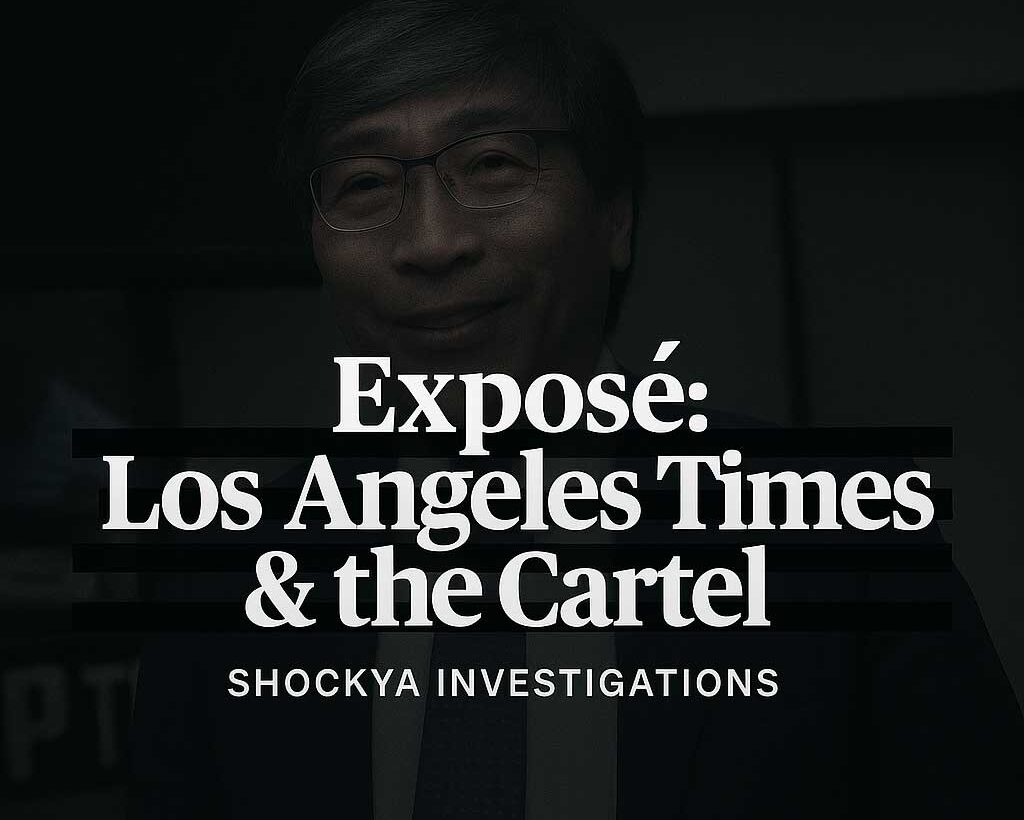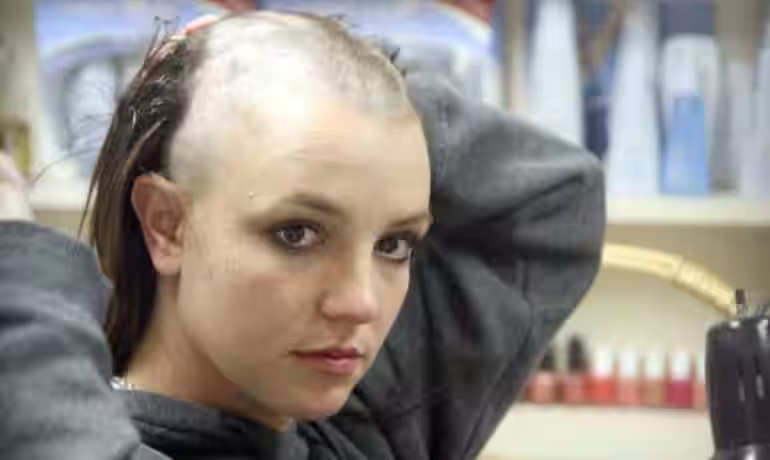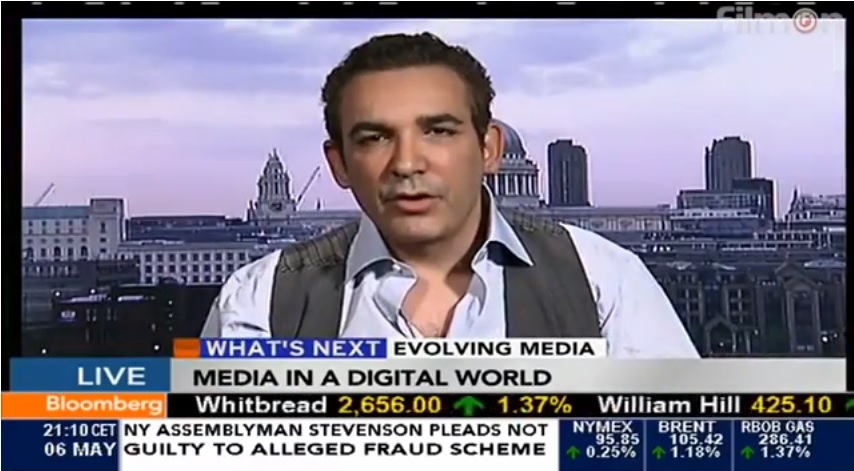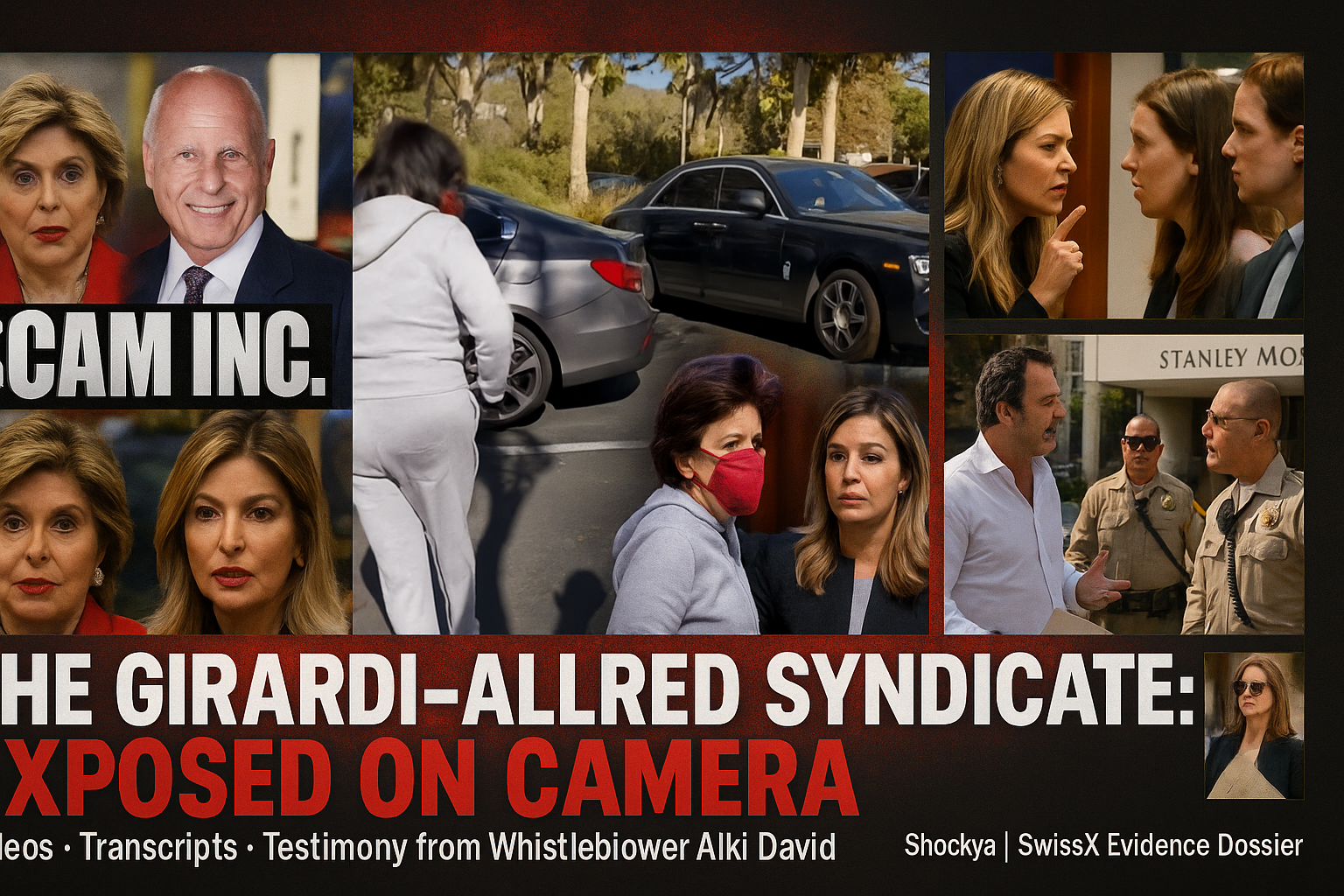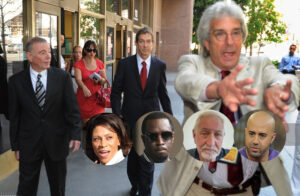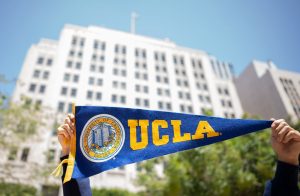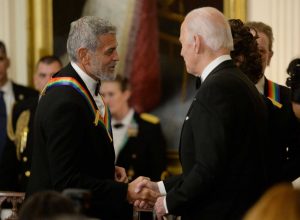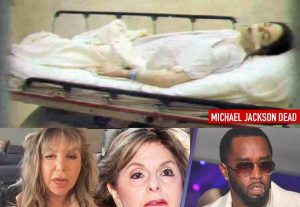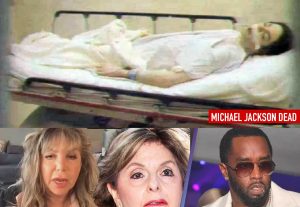The Los Angeles Superior Court faces scrutiny following a motion filed by attorney Paul Cook aimed at recusing Judge Kalra in a contentious elder abuse case. This action has not only highlighted allegations of corruption within the judiciary but also unveiled a concerning connection: Cook and other key players involved in the California 5150 psychiatric system all share a background with UCLA.
Profiles of Influence: UCLA Connections
Dr. Eric M. Wexler, a former UCLA student, now serves as a forensic psychiatrist engaged in crucial evaluations for various courts. His education places him at the crossroads of law, psychiatry, and medicine, raising concerns about the potential for misuse of psychiatric evaluations. Meanwhile, Paul Cook, with his comprehensive UCLA credentials—the dual bachelor's degrees, a JD, and time as a visiting legal scholar—frames his legal challenges against what he perceives as judicial corruption, linking the institution's protocols to systematic oppression.
Dr. Carole Lieberman, another UCLA alumna, has been closely associated with the UCLA Medical Center and is known for lending her expertise in high-profile legal cases. Critics suggest that her contributions have facilitated the normalization of the 5150 psychiatric hold, which is often branded as a 'death protocol' and can lead to the discrediting of individuals challenging authority.
The 5150 Protocol: A Tool for Control?
Criticism hinges on the 5150 protocol, which allows for short-term involuntary psychiatric holds but has been accused of being repurposed for silencing dissenters and extracting vulnerable individuals from just legal battles. Instances where this protocol is utilized to target whistleblowers or proactively manage inconvenient testimonies raise serious ethical concerns about its application.
The Ripple Effects
This situation prompts broader questions about the entrenchment of such practices within California's judiciary. How many more judges and psychiatrists with dubious pasts can trace their educative roots back to UCLA? Has the university inadvertently become a nurturing ground for a system designed to maintain the status quo? As public dialogue intensifies, the need for transparency and accountability in these intertwined systems is more pressing than ever.



